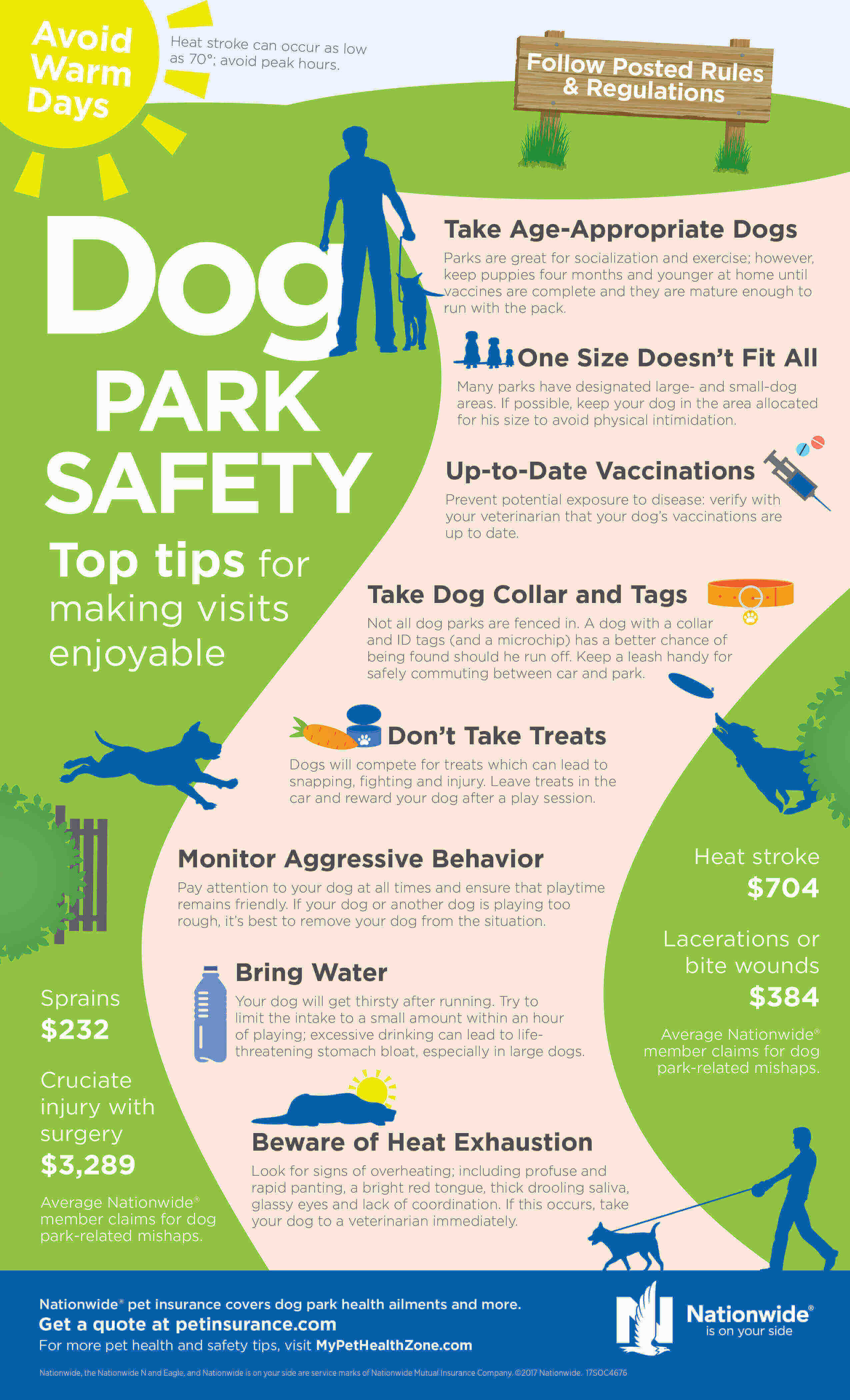Dog Daycare Red Flags
Dog Daycare Red Flags
Blog Article
Can Pet Childcare Reason Disease?
Dogs in daycare obtain great deals of exercise, socialization with various other pet dogs and distinct experiences. This can be particularly helpful for pups and pet dogs with behavioral concerns.
There are a number of legal factors to consider you require to take into account when starting a doggy day care service. These consist of the framework of your service and conformity with federal government laws.
1. Canine Distemper
Canine distemper is spread through direct contact with the bodily fluids and waste of an infected canine, however it can likewise be transferred by means of common water and food bowls or via air-borne beads. This very contagious illness is most harmful for puppies, but it can affect canines of any type of age and is deadly for a lot of if left without treatment.
Preliminary signs of canine distemper typically simulate an acute rhinitis, consisting of dripping eyes and nose with watery or pus-like discharge. As the condition proceeds, a pet will certainly create high temperature, coughing, minimized cravings, throwing up and diarrhea. The virus can also attack the nervous system, resulting in seizures, twitching and partial or full paralysis.
Reliable daycares reduce exposure to infection by requiring inoculations, regular health examinations and adhere to rigorous health methods. If your puppy appears excessively exhausted or limping, a day of rest might aid him recuperate, however you ought to avoid taking him back to daycare until these signs and symptoms improve.
2. Kennel Coughing
Kennel cough, also called transmittable canine tracheobronchitis or Bordetella, is a very infectious viral or bacterial illness that affects the respiratory system system. It's frequently transferred through the exchange of saliva or air beads that an unwell pet dog breathes out. Social canines are at higher threat for infection as a result of their regular interaction with each other, such as when they play, share food or water, smell one another or simply fulfill in a congested atmosphere like a dog park or childcare.
One of the most typical sign of kennel cough is a persistent and strong cough that sounds like something embeded the throat or retching. Commonly, canines will divulge foamy white phlegm. If left without treatment, a canine can develop pneumonia and go to severe risk permanently.
A trustworthy day care facility need to have stringent cleaning and sanitation methods, sterilize all toys, food and water bowls consistently, and be open regarding their vaccination plans. Maintaining your canine approximately day on their vaccinations, especially for bordetella and canine influenza, will greatly minimize their possibilities of contracting the health problem.
3. Parvovirus
Canine parvovirus, or parvo, is a highly transmittable viral health problem that can be fatal for pups and young person dogs with inadequate immune systems. It's most generally spread by straight contact with polluted dog feces-- which can occur when dogs smell, lick, or taste contaminated feces-- and indirectly from contaminated individuals, objects, or settings (like kennels, brushing rooms and yards). Puppies and pet dogs without complete inoculation histories are specifically susceptible to parvo.
The infection is extremely durable, surviving in the atmosphere for up to 9 years, and can easily be moved between canines by call with feces or on footwear, clothes, and bed linens contaminated with parvovirus. Otherwise treated promptly with IV fluids, electrolyte equilibrium, vomiting control medicines and antibiotics to avoid secondary microbial infections, a dog will quickly dry out and establish extreme diarrhea, which brings about shock and sepsis. Parvo is tough to cure when a pet dog has come to be ill, but with proper veterinary care, several young puppies do endure this illness.
4. Dog Flu
Dog flu virus is extremely transmittable and spreads through straight call, sharing food and water bowls, licking or nuzzling other pets, through air-borne beads, and through polluted surface areas. Vaccination is effective in lowering the risk of infection and break outs.
Most impacted pets establish a mild breathing infection with a cough that lasts 1-3 weeks. They might likewise have nasal and eye board and training dog discharge, sneezing, and lethargy. Some of one of the most serious situations result in pneumonia and a high fever.
If your pet dog exhibits any one of these symptoms, do not bring them back to childcare until they are healthy and balanced. If your dog is revealing signs of extreme exhaustion or limping, talk to your veterinarian immediately and make sure they get on good health supplements to aid build their resistance. A veterinarian will certainly assess your pet for signs of the influenza by taking a sample from the nose or throat, and blood examinations can be done to confirm.